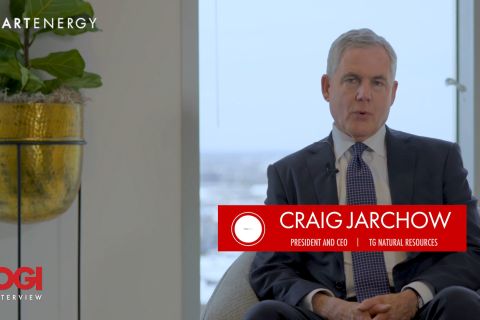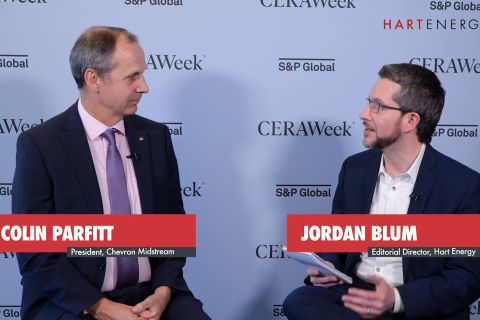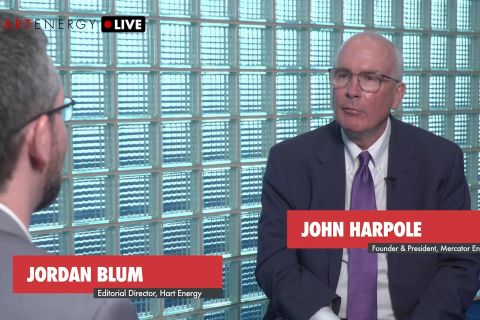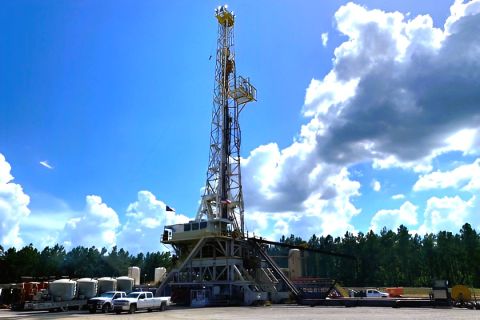Those of you who read this column regularly know of my commitment to energy education. It is imperative that we bring to the general public a better, more factual picture of who we are, what we do and the importance of what we do to the social and economic stability of the world. There are a number of laudable programs in progress out there. I have mentioned Total’s Planete Energies. It continues to gain strength. Check it out at www.planete-energies.com.
On another front, the Society of Petroleum Engineers’ (SPE) Public Energy Education Committee, chaired by former SPE President DeAnn Craig, will launch a new education Web site in February, to be followed by several additional new education initiatives. BP has an innovative program to reward public school teachers for developing new energy curricula. Many states and national entities are working on new programs, far too many to discuss here. In fact, there is no shortage of new energy education initiatives worldwide. What is needed now is a forum to discuss the varying programs and approaches being developed.
At least one facet of energy education — teacher education and curricula development — will be discussed this June in Oklahoma City, Okla. The American Oil & Gas History Society (AOGHS), in partnership with a number of organizations and societies, will conduct their second annual Energy Education Conference and Fieldtrip. The program aims to “bring together oilpatch museum folks and representatives of local, state, national, federal and international energy education programs to compare individual practices and success stories for grades K through 12.
Key goals include sharing strategies and building new relationships to more effectively educate the public about the importance of the petroleum industry. That effort,” according to Executive Director Bruce Wells, “begins in the public school system.”
In addition, the conference will introduce a new compilation of the State and National Energy Education Resource Guide. This, in my mind, is a fine response to the need to discuss the varying programs and approaches being developed in the field of energy education in order to avoid massive re-invention of the wheel.
If you are interested in attending or sponsoring the conference, you can contact AOGHS at 1201 15th Street, NW, Suite 300, Washington, D.C., or by phone at (1) 202 857 4785, or at www.aoghs.org.
Perhaps most damaging is the move to reinstate a clause accidentally omitted from 1998 and 1999 deepwater lease sales that would require operators to pay royalties to the federal government when oil prices top US $36 per barrel. Draft legislation now in the House of Representatives would bar companies who refuse to renegotiate their leases from future lease sales or require them to pay increased royalties from 1998-1999 leases going forward. It is a fight that the Dems will likely win.
But any short-term benefit will almost certainly be negated by reduced development in US waters going forward as operators search for more friendly environments. With the Dems in solid control, look for an extension of their slash and burn tactics aimed at their most hated foe — us.
Recommended Reading
The OGInterview: TG Natural Resources Rides LNG Wave
2024-03-01 - TG Natural Resources rides the LNG wave with its Rockcliff deal amid a shale consolidation boom.
Exclusive: Chevron Balancing Low Carbon Intensity, Global Oil, Gas Needs
2024-03-28 - Colin Parfitt, president of midstream at Chevron, discusses how the company continues to grow its traditional oil and gas business while focusing on growing its new energies production, in this Hart Energy Exclusive interview.
Exclusive: Can NatGas Save the 'Fragile' Electric Grid?
2024-02-28 - John Harpole, the founder and president of Mercator Energy, says he is concerned about meeting peak electric demand and if investors will hesitate on making LNG export facilities investment decisions after the Biden administration's recent LNG pause, in this Hart Energy LIVE Exclusive interview.
Carlson: $17B Chesapeake, Southwestern Merger Leaves Midstream Hanging
2024-02-09 - East Daley Analytics expects the $17 billion Chesapeake and Southwestern merger to shift the risk and reward outlook for several midstream services providers.
Green Light: NatGas Industry Just Fine, TG Natural Resources CEO Says
2024-03-27 - Craig Jarchow, president and CEO of TG Natural Resources, updated the integration status of its $2.7 billion acquisition of Rockcliff Energy and addressed macro concerns about the natural gas business at Hart Energy’s DUG GAS+ Conference and Expo in Louisiana.





